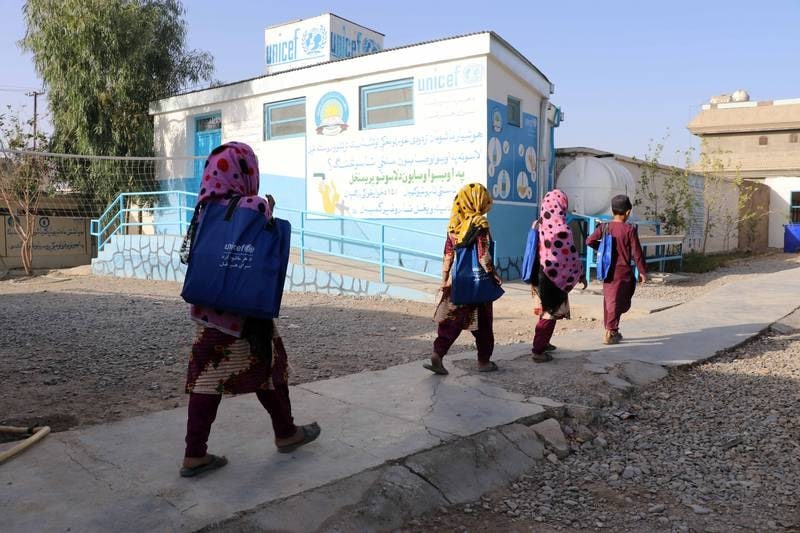Devastating Impact of Closed Girls’ Schools Cannot be Articulated in Words
The country never recovered from the first Taliban ban on girls’ schools in the 1990s. This is a tragic and unfortunate anniversary

It has been more than a year since the Taliban takeover of Afghanistan, and despite the many promises from the Taliban representatives that their perspective on women’s rights has changed, the situation on the ground for women in Afghanistan remains more abysmal than ever. For one whole year and more, girls’ schools have been closed and appear to remain so indefinitely. This means that half of the population has been deprived of its basic rights to study and find work.
Several restrictions have also been placed on travelling for women and similar bans were also introduced in several healthcare centres across the country, forbidding women to access healthcare without a mahram. Needless to say, these developments are a violation of human rights and count as wide-scale gender-based discrimination which sets the region back decades.
Unfortunately, it appears that the world has neglected Afghanistan as a problem no one wants to deal with; negotiation or dialogue efforts with Taliban leaders have been half-hearted, and the world has preferred the method of isolation and cutting off funds, rather than looking for conducive ways to persuade the Taliban to grant rights to Afghan women. This is why the recent United Nations Assistance Mission in Afghanistan (UNAMA)’s statement is appreciated. On Sunday, the United Nations urged the Taliban to reopen high schools for girls across Afghanistan, condemning the ban that began exactly a year ago as “tragic and shameful”.
Indeed, the devastating impact that this ban on education can cause on a country already ravaged by poverty and illiteracy cannot be articulated in words. Depriving girls of education shall destroy not just the current population but countless future generations of the country as well; indeed, the country never recovered from the first Taliban ban on girls’ schools in the 1990s. This is a tragic and unfortunate anniversary; it is appreciable that the UN recognised it and spoke out about it while the world treats this situation as an uncomfortable tragedy it would rather avoid.